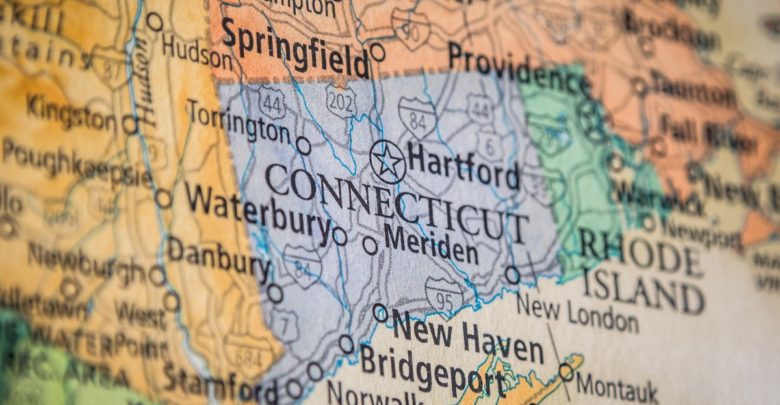Connecticut Makes New Push for Sports Betting

Since the start of the 2018 legislative session, Connecticut lawmakers have been talking about striking a deal. Unfortunately, the General Assembly adjourned in June without having the legalization of sports betting.
However, about two months later now, a group of lawmakers has come together with a draft bill that looks to legalize mobile/online wagering, and even the possibility of online poker, house-banked table games, slots, and an online lottery. Some of the more specific games would include blackjack, poker, dice, roulette, and baccarat, among others.
The General Assembly is not currently in session, but a special session could be called to discuss the bill some more. Most likely, it could be introduced at the beginning of the year in the 2020 session.
“Everybody is getting anxious about getting this over with, particularly sports betting,” said Connecticut House Majority Leader Matt Ritter, a Democrat from Hartford.
The draft legislation shines a light on the bipartisan compromise on expanding types of gambling in Connecticut, under the tribal gaming industry operating within the state’s borders. Mohegan and Mashantucket Pequot run the Mohegan Sun and Foxwoods casinos, respectively. Under this new proposed legislation, they would jointly operate newer casinos in Bridgeport and East Windsor.
While this bill wouldn’t have any licensing fees, online gaming revenue would be taxed at 10 percent and retail sports betting at eight percent.
Potential Roadblocks
Although there has been a lot of positive momentum based on the new bill, there will still be some roadblocks in the way, just as there’s been in nearly every case of sports betting.
According to a report from the Hartford Courant, Connecticut Governor Ned Lamont isn’t in favor of the plan just yet. A spokesperson for the governor said that he wants a gambling expansion deal that “mitigates the likelihood of years of litigation.”
That litigation could come from giving the tribal groups exclusivity to sports betting. Sportech, the operator of the state’s off-track betting facilities, is against tribal sports betting exclusively.
MGM Resorts International has been interested in having a Connecticut casino for a while now. The proposed bill wouldn’t give MGM access to the state’s market, which could also initiate litigation related to a new brick-and-mortar casino. MGM does have a casino in nearby Springfield, Mass.
Falling Revenue
In the tribal-state gambling deal, the tribes have the exclusive right to slot machines in exchange for paying 25 percent of the revenue to Connecticut. It is worth noting, though, that gaming revenues are not as lucrative as they once were, with the tribes taking a seven-percent loss in the most recent fiscal year compared to the previous one. Overall, revenue is down about 40 percent from around a decade ago.
The casinos in Massachusetts are becoming more and more important now to what’s going on with Connecticut’s gaming future. Tribal gaming operators are looking to solidify their stronghold on the New England gaming industry by creating more of a stronghold in Connecticut.
Massachusetts is also looking to add sports betting to its culture, but it looks like that decision won’t be made until next year.
